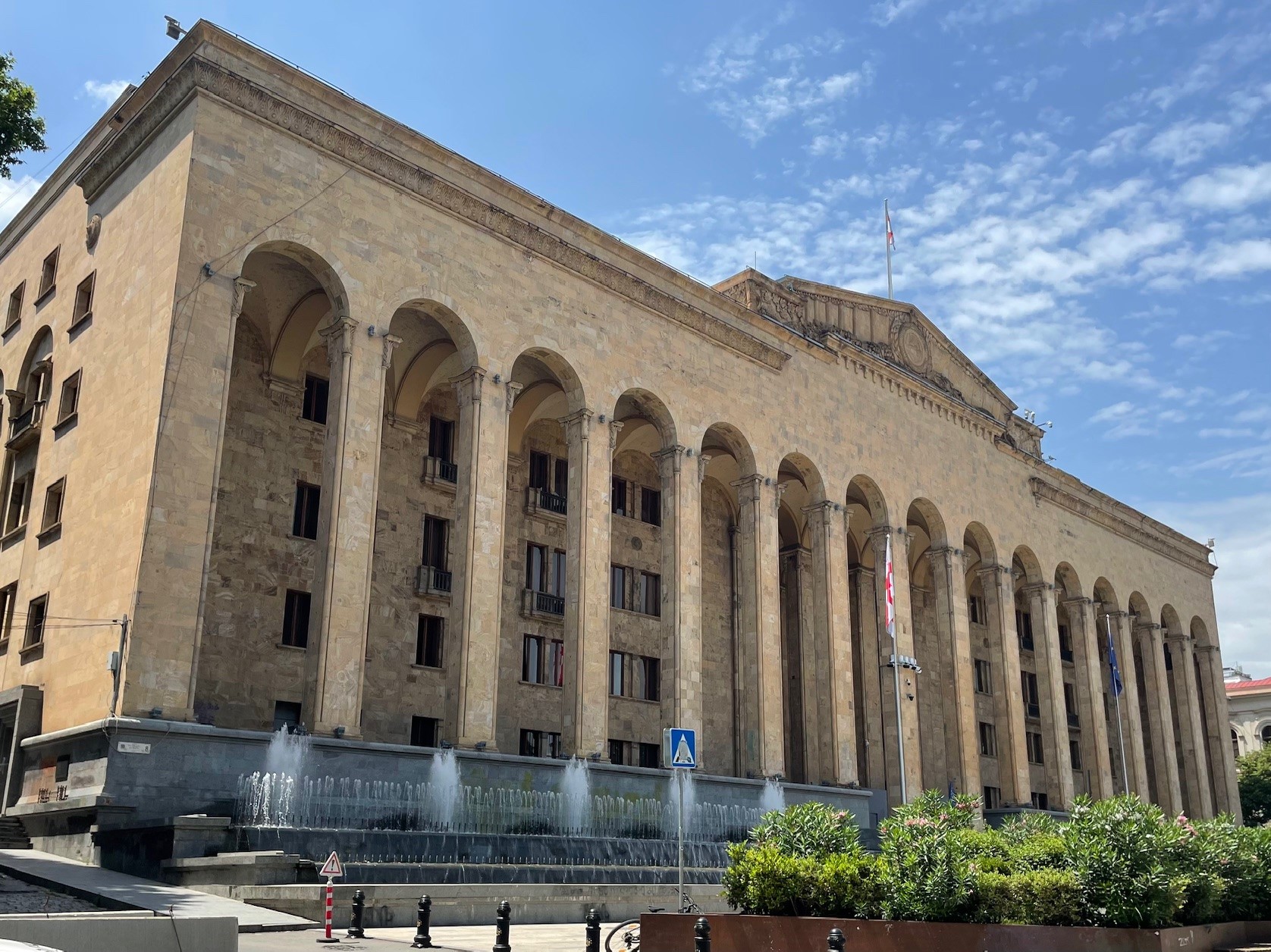On the morning of 27 August, the bank accounts of several prominent Georgian non-governmental organisations were frozen by court order. The Office of the Prosecutor asked for the measure as part of an investigation into alleged sabotage, attempted sabotage under aggravating circumstances, assisting foreign organisations engaged in hostile activities, and mobilising finances against Georgia’s constitutional order and national security.
The court decisions affected: Sapari, the Civil Society Foundation, the International Society for Fair Elections and Democracy (ISFED), the Institute for the Development of Freedom of Information (IDFI), Defenders of Democracy, and the Georgian Democratic Initiative.
The Office of the Prosecutor alleges that the organisations financed the purchase of gas masks, protective goggles, pepper spray, and similar equipment for protesters during last year’s demonstrations. The Prosecutor further alleges that the organisations provided legal, financial and organisational support to individuals engaged in ‘violent acts’ against law enforcement. The allegations do not appear to be substantiated or qualified. Moreover, they are at odds with the rights of association and assembly guaranteed by the Georgian constitution and international and regional conventions binding for Georgia.
While Georgian citizens exercised their right to peaceful demonstration on November 28th, 2024, when Prime Minister Irakli Kobakhidze announced the suspension of Georgia’s EU membership application process until the end of 2028. The government of Georgia responded to the public protests with widespread and systematic police brutality and harassment against critics and perceived opponents.
Formally, yesterday’s court decision can be appealed, but in the context of an orchestrated and massive crackdown on dissent, and the subjugation of Georgian courts to the executive, we have little hope that the legal system will rectify this blatant attack on Georgian civil society. It is more likely that the decision could herald the start of a new wave of repression, which could also entail searches of offices and homes, and even arrests of civil society leaders.
The Georgian government has aligned itself with Russia and pulled away from its citizens, Europe, and its international legal commitments. This is not acceptable. The EU and its allies must respond swiftly and in kind. The yet unsanctioned leaders of the ruling Georgian Dream party should be sanctioned, as should all officials involved in the persecution of Georgian civil society, including in the judiciary and the Office of the Prosecutor.
